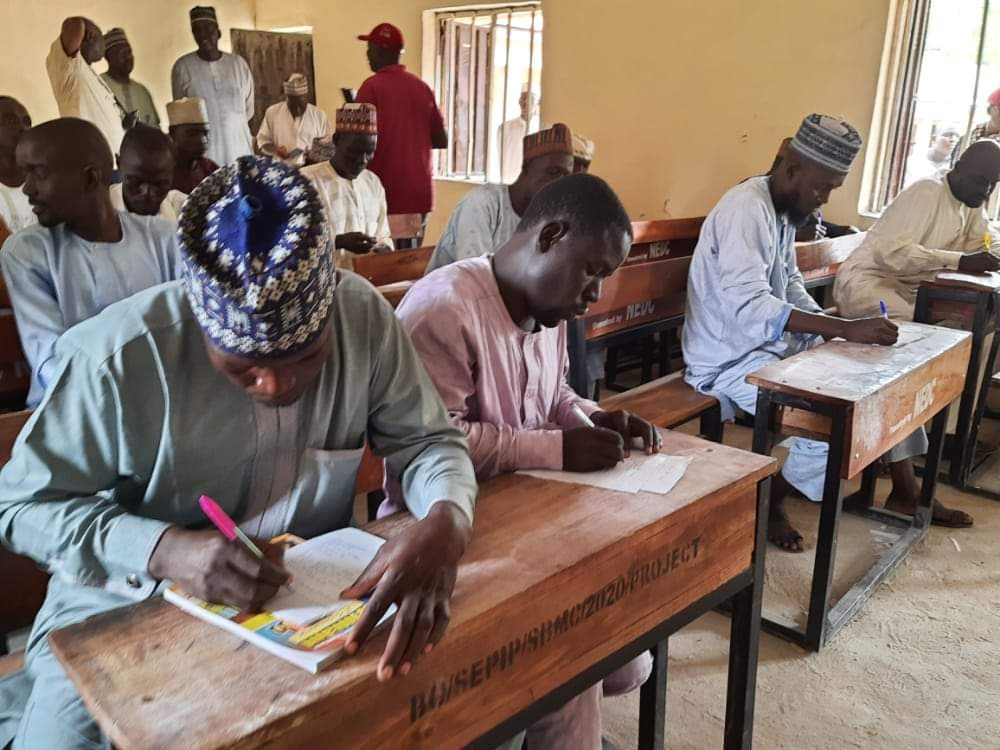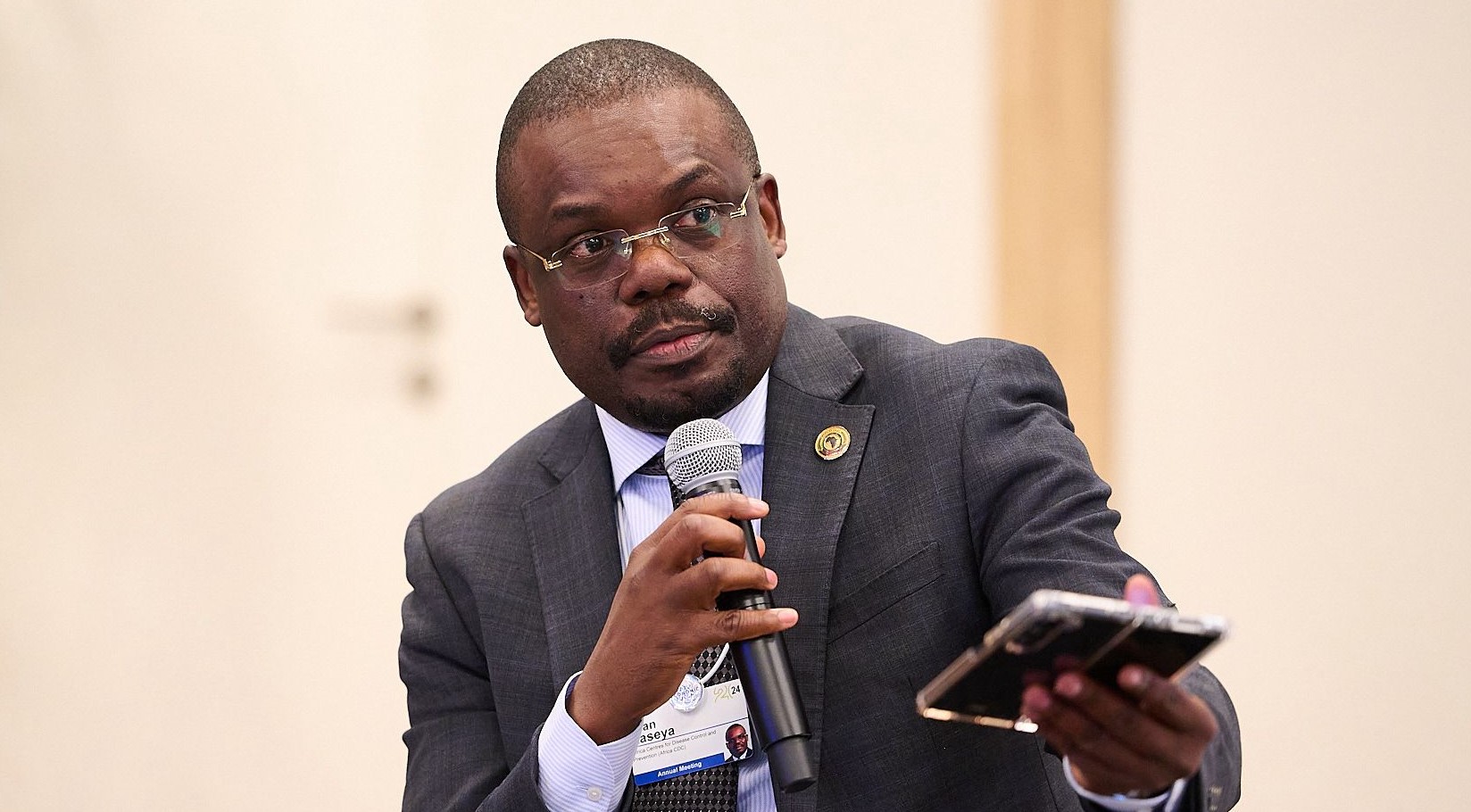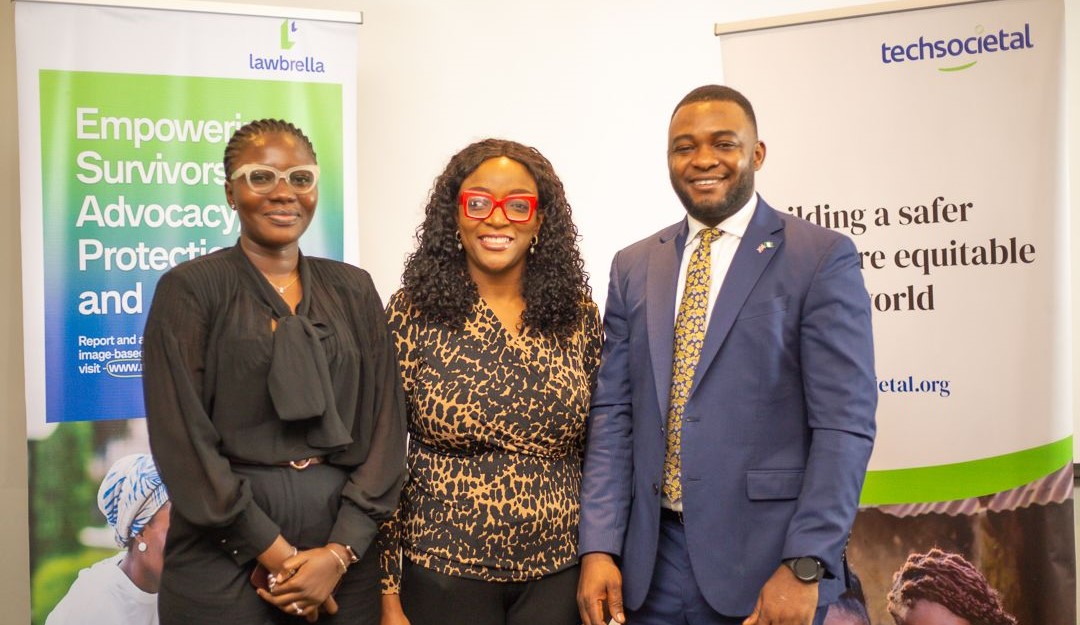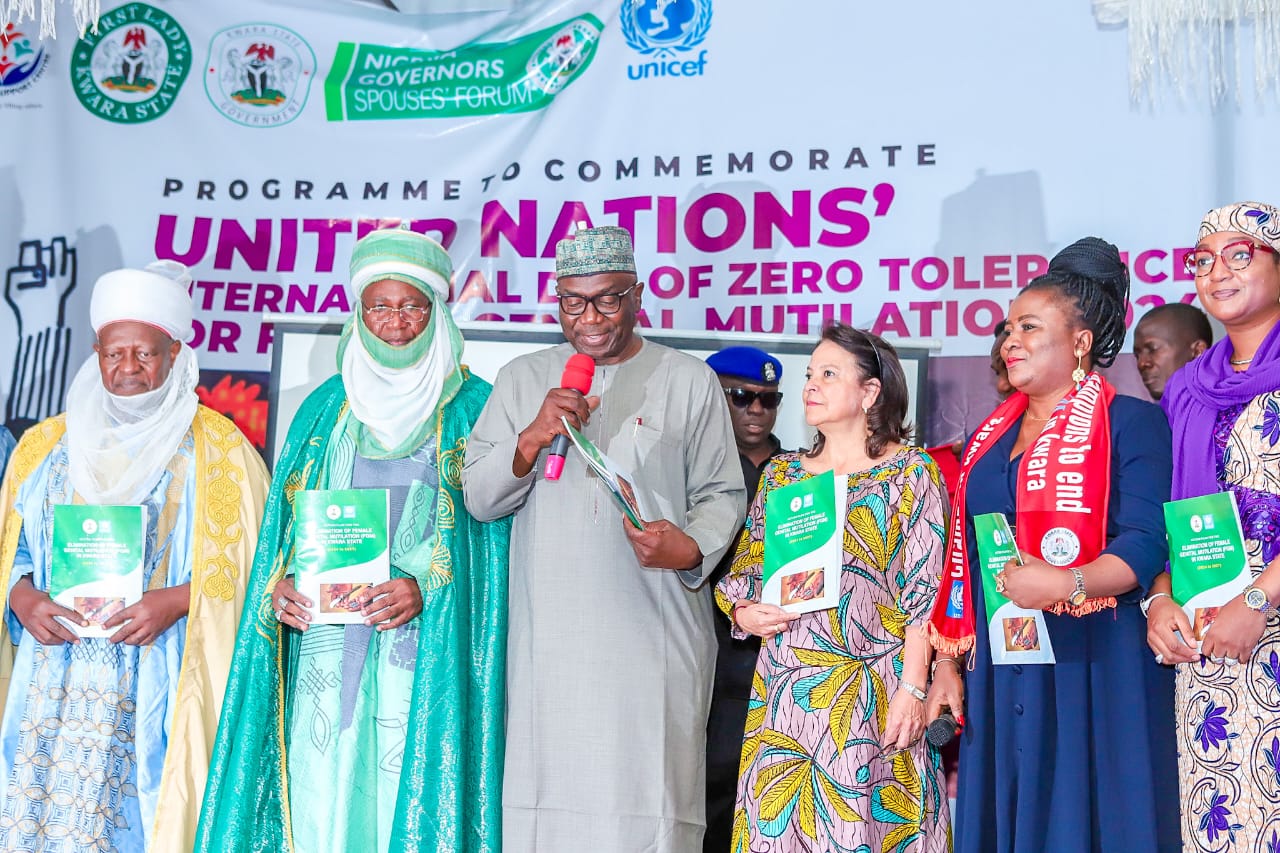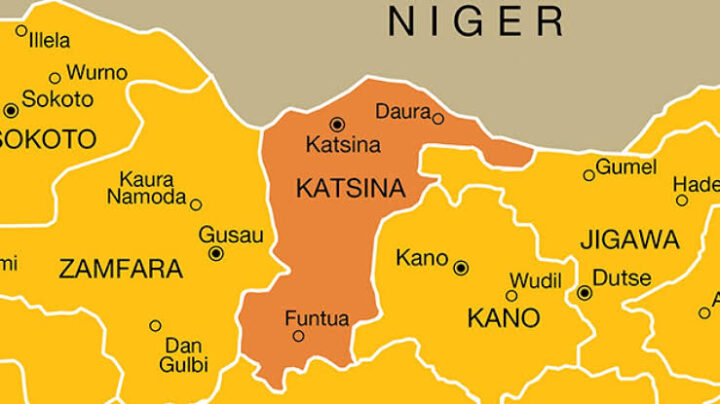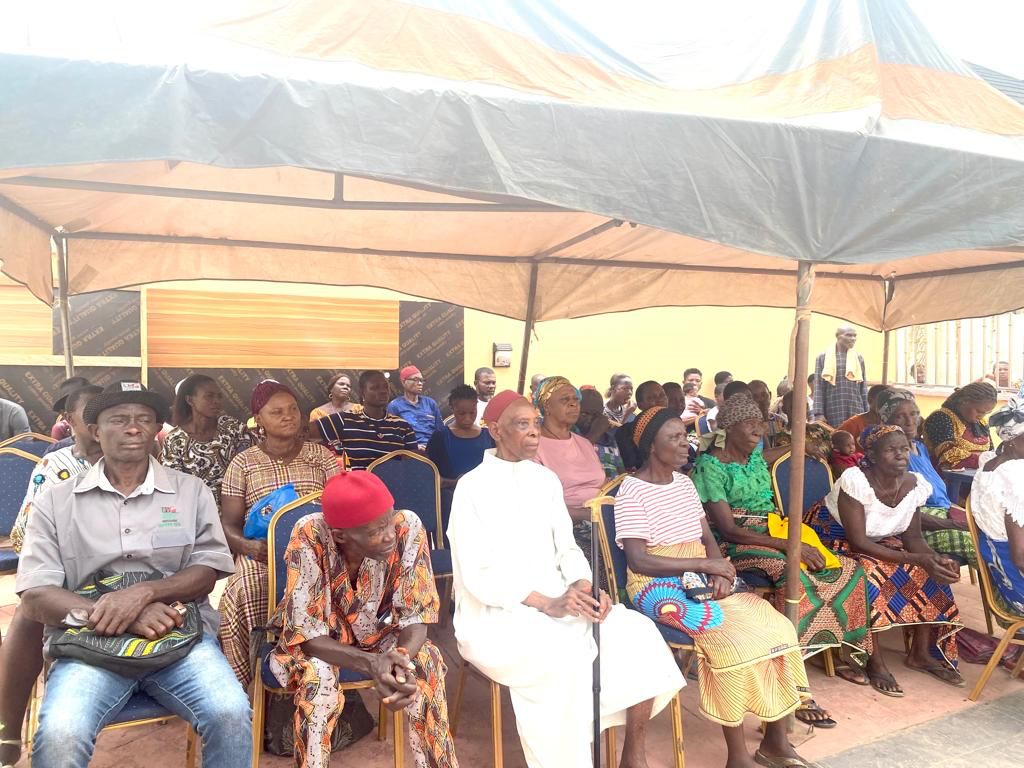The federal government has launched a development programme aimed at addressing the skills gap among teachers.
The Universal Basic Education Commission (UBEC) says the project, named the Teacher Internship Scheme (TIS), will support states in training a new generation of teachers with the knowledge needed to implement smart and digital-driven education in Nigeria.
Tahir Mamman, the minister for education, was at the scheme’s launch on Thursday. The event took place at the UBEC Digital Resource Centre in Abuja.
The minister inspected a facility established to serve as a resource centre for schools as well as a training hub for school personnel.
Advertisement
Hamid Bobboyi, the executive secretary of UBEC, said participants of TIS are graduates of education selected on merit from all the states of the federation, and are expected to go through intensive training for two years.
“It is envisaged that at the end of the two-year programme, the interns would emerge as a new breed of teachers equipped with the skills and knowledge to harness the power of technology and transform the learning experience,” Bobboyi said.
“They would not just be teachers; they will be smart teachers who would be innovators, catalysts for change, and architects of a brighter future for the Nigerian child.”
Advertisement
Bobboyi said the TIS is a significant step forward in the ongoing quest to transform basic education in Nigeria.
He added that the world is changing at an unprecedented pace, with technology impacting every aspect of living, including education.
Bobboyi stated that the traditional method of teaching and learning is no longer adequate for the challenges and opportunities of the 21st century, hence the need to expose Nigerian teachers to digital pedagogy.
UBEC said TIS was introduced to address the dearth of teachers in the field of smart education being championed by the commission in Nigeria, with the establishment of 37 smart schools across the country.
Advertisement
The execution of the smart education programme in Nigeria, the commission disclosed, is receiving technical support from the Korea International Cooperation Agency (KOICA) and a commitment of about $10.4 million.
Son Sungil, the country director of KOICA in Nigeria, corroborated the commission’s disclosure.
He said this support is largely in digital content development format for Mathematics and science subjects, content development studio for digital content creation, and capacity building for teachers.
Other areas of support include school leadership, guidelines for smart school operation, and monitoring/evaluation.
Advertisement
Add a comment

